With its open plan and flexible furniture, the design aims to provide flexible, accessible workspaces for the Natural History Unit (NHU) and Factual Entertainment Bristol
HOK’s London studio has designed a production base for BBC Studios in the centre of Bristol - its largest outside London.
Staff from the Natural History Unit (NHU) and Factual Entertainment Bristol, which produces Top Gear, Antiques Roadshow and Countryfile, now work in the 5,600sq m space across three floors of Bridgewater House in Finzels Reach.
BBC Studios occupies the first three floors of the building, where it has its own entrance and main reception on the ground floor. With its open plan and flexible furniture, the ground floor provides space for events and functions. An auditorium accommodates presentations and masterclasses, while bi-fold doors extend the event space outside to a landscaped garden area.
The design aims to provide flexible, accessible workspaces. The first and second storeys house the non-hierarchical office space, with team neighbourhoods wrapping around the perimeter.
A broken-plan layout deconstructs the open-plan zone, using shelving, plants and dividers to form collaboration space and focus areas. The open shelving dividers have adjustable whiteboards that help create customisable team zones while offering acoustic privacy.
A central breakout space overlooking the ground-floor area provides a social hub, alongside breakout points in the centre of the office floors to bring people together.
In a bid to make the office building as inclusive as possible, the space accommodates many types of uses for both hypersensitive and hyposensitive individuals. A variety of different settings enable individuals to work in environments that best suit their tasks and preferred surroundings.
The design also supports the client’s commitment to sustainability and the NHU’s reputation as a leading producer of content about the natural world, which was reinforced by the material choices.
All timber used was certified by the Forest Stewardship Council and the team sourced reclaimed wood in feature areas. Walls are made of cork, a natural and rapidly renewable material that reduces noise and offers improved acoustics.
Most furniture was reused and the team also sourced second hand furniture where available. Using clay-based paints instead of emulsion paints reduced airborne odours and contaminants. The clay-based paints also lessen static charge build-up, which minimises dust and allergens.









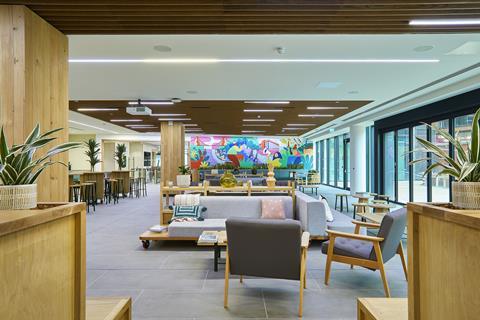
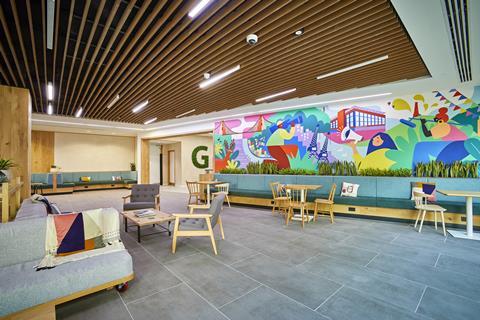
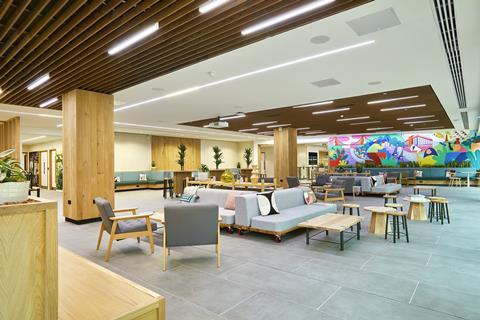
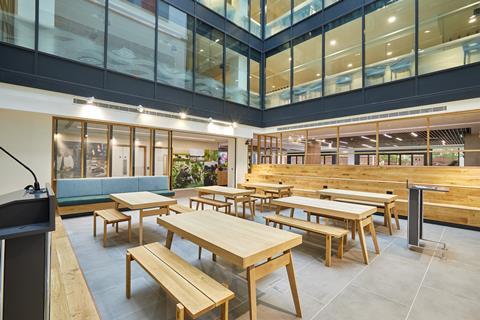
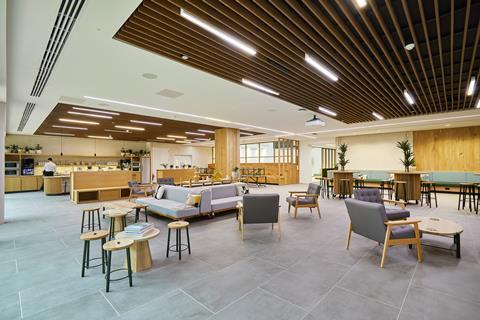
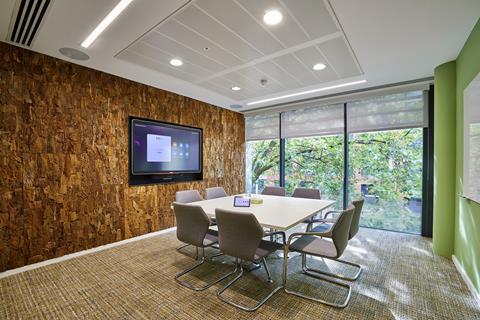
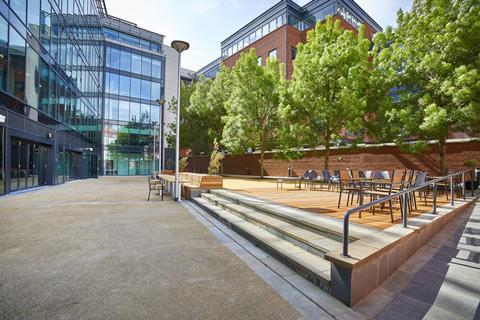
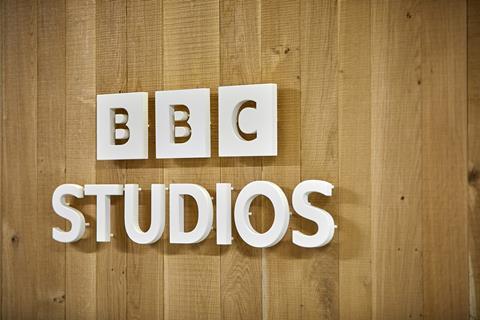







No comments yet